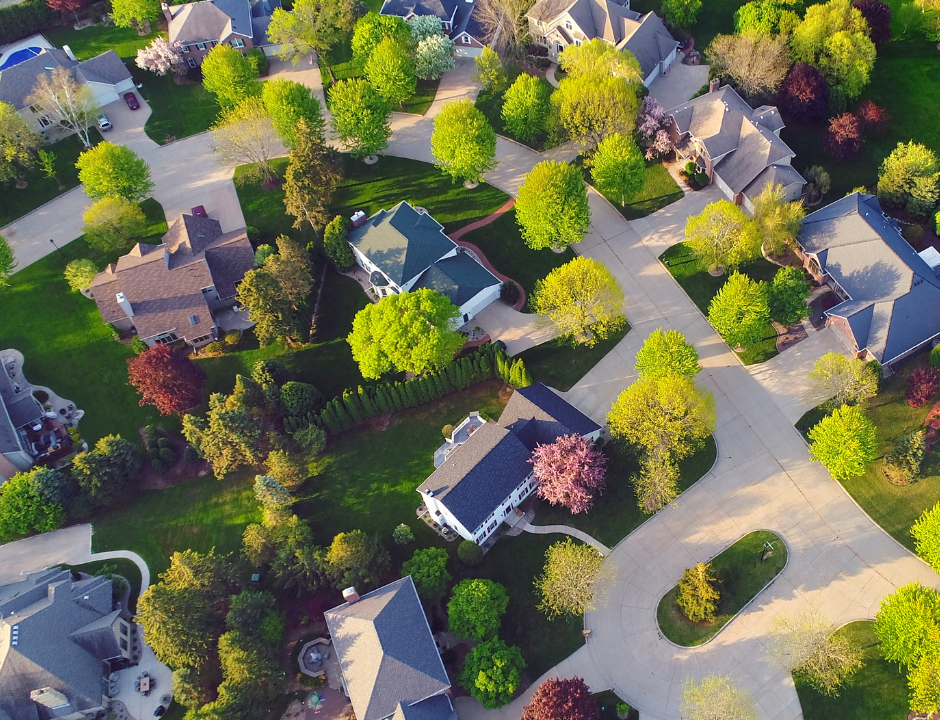YOUR HOME MAY NOT BE FIREPROOF… BUT YOUR HOMEOWNER’S POLICY SHOULD BE

COLLEGE GRADUATION SEASON— TIME TO REVIEW YOUR INSURANCE OPTIONS
May 13, 2019
MITIGATING DAMAGE FROM WATER LEAKS
August 15, 2019The 2017 and 2018 wildfire seasons proved to be the most devastating, deadly, and costly in U.S. History. The fires—including the Camp Fire that destroyed much of the community of Paradise, California in November 2018—consumed a total of nearly 1.9 million acres of mountain forest. The Camp Fire alone consumed more than 19,000 structures and took 86 lives, making it the deadliest forest fire in over a century. It may be years, if ever, before some of these areas can be rebuilt.
The sweeping destruction placed a heavy burden on insurers as well as on property owners, many of whom lost everything. Insurance companies were faced with over $12 billion in claims from the November fires alone. The effects on the insurance industry and on those seeking to reinsure their property were almost as profound as the damage caused by the fires.
How Do Regional Catastrophes Affect Insurance Nationally?
The insurance industry operates largely by preserving the equilibrium between premiums and claims. Any instability, as seems to accompany climate change, can upset that equilibrium and force insurers to compensate for severe claims.
In a catastrophe of this magnitude, insurers’ losses place them in a position where their reinsurance agreements will be triggered to reimburse them for some of the losses they paid out toward claims.
The California wildfire situation is not unique. A similar effect was seen after the Gulf hurricane seasons of 2004 and 2005 (which included the devastating hurricanes Rita and Katrina). Insurers needed not only to compensate for the spike in claims associated with the storms, they also needed to determine whether these catastrophic events signaled a “new normal” in the frequency of these sorts of calamities.
Here are a few likely repercussions that are likely to affect property insurance nationally…
• Insurers become more likely to decline renewals in areas deemed high risk. We are seeing this in coastal and fire-prone locations.
• Insurers seek lower risk positions when underwriting new property insurance policies. We are seeing companies being more selective – i.e. new construction that meets current building codes are more and more the norm for favorable rates and coverages.
• Pricing trends include increased rates for what is evaluated as increased risk of loss.
• Insurers may move out of high-risk areas altogether. We are seeing companies making significant changes as more data about weather and the realization that has come with some of the large weather events that results in areas where rebuilding is difficult and will take a long time to happen.
While the number of policies cancelled or denied renewal following a catastrophe is difficult to track, some homeowners have chosen to seek other options. Foreign insurers, like London-based Lloyd’s, are stepping in where U.S. insurers may be gun-shy. But while this may provide policy-seeking consumers with coverage, insurers based outside the U.S. are often not subject to the same regulation as domestic insurers.
What Can You Do?
• Understand the risks (fire, flood, wind, storm) to any property you purchase. If you are looking to purchase a new property, a conversation with a professional may enhance your understanding of potential costs and availability before you commit to a property.
• Work with an experienced insurance agent or broker who is educated about what is going on in the marketplace.
• Obtain the most appropriate coverage for your property—whether it’s your primary residence, a seasonal vacation home, or a rental property.
• Review your fire insurance coverage in detail with your insurer before catastrophe strikes so you know exactly what is—and isn’t—covered by your policy.
At MAGIS, we are experienced in the creation of policies to safeguard valuable assets like your home, car, boat, jewelry, and other possessions from loss. We understand that you’ve worked hard to earn what you own and so make every effort to minimize your vulnerabilities and to reduce risk.
Contact a MAGIS representative today. We’ll be happy to sit down with you to review your best policy options and to craft an insurance portfolio that protects your most valuable, and your most vulnerable, assets.




